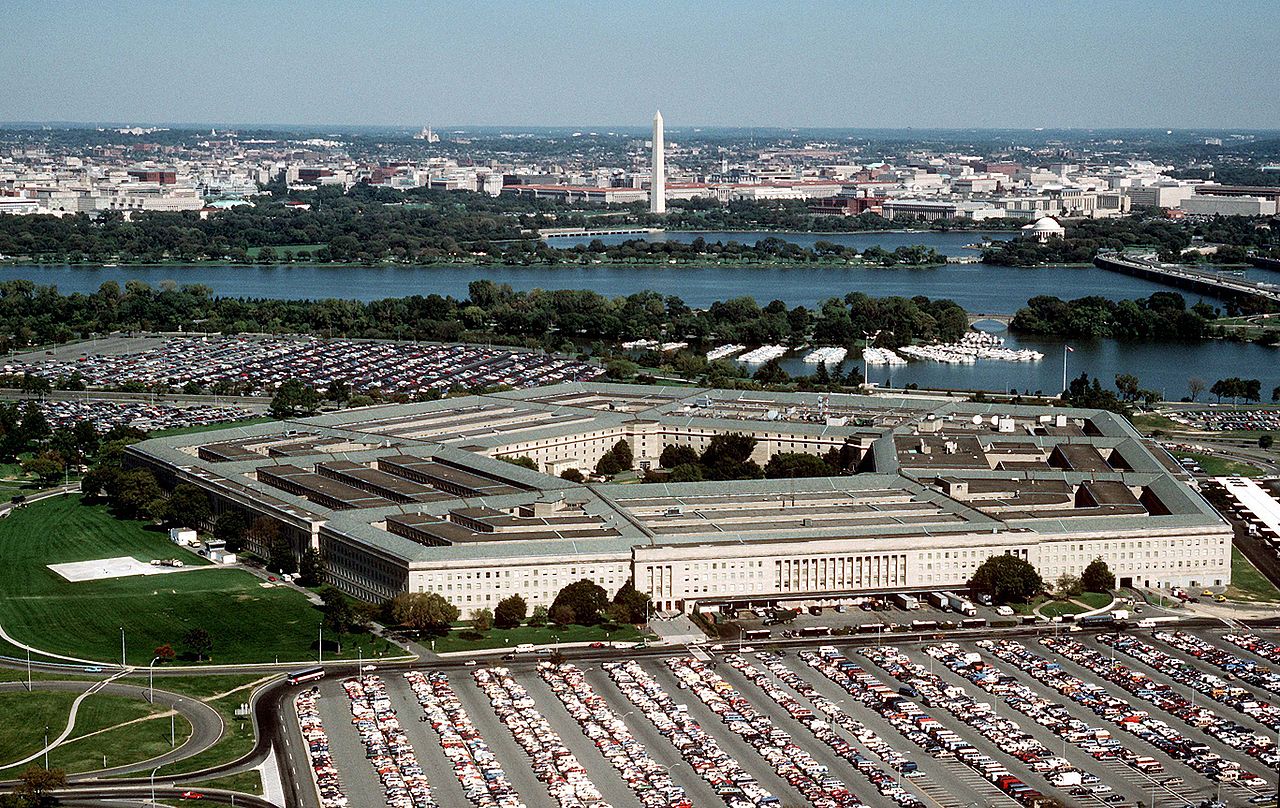Notable Reactions to President Trump’s National Security Presidential Memorandum on the National Security Council
A roundup of notable responses to President Trump's memorandum reorganizing the National Security Council.
Published by The Lawfare Institute
in Cooperation With

On Sunday evening, as protests and condemnations proliferated of President Trump’s executive order limiting immigrant and refugee entry into the United States, the administration quietly released a National Security Presidential Memorandum reorganizing the National Security Council. The memorandum is summarized here.
As John Bellinger noted, the memo includes Assistant to the President and Chief Strategist Steve Bannon as a member of the NSC and the Principals Committee. The CIA Director is not among the members or invited participants of NSC or NSC Principals Committee meetings (though the Director was not specifically listed in the Obama administration’s guidance on NSC structure either; notably, the White House has promised to rewrite the memo to include the CIA Director after facing criticism on this point). Additionally, the memo situates the Director of National Intelligence and the Chairman of the Joint Chiefs of Staff attending the Principals Committee only “where issues pertaining to their responsibilities and expertise are to be discussed,” though the scope of this last provision is unclear.
The membership roster sparked criticism from former and current governmental officials. Below are a few notable responses. We will be updating this post as more come in.
In an interview on NPR, former NSA and CIA Director General Michael Hayden stated:
I cannot remember a meeting whose results I cared about where Karl Rove was present. And although David Axelrod occasionally attended NSC meetings, he was not what Bannon has now become, a charter member. It seems to me that it puts ideology at the center over the professional kinds of information that the DNI and the Chairman of the Joint Chiefs bring to the party.…
How will the administration make decisions? How much of the center of gravity will be in the White House or out there in the departments and agencies? The executive order on the National Security Council … seems to suggest that the real power center is going to be in that 18 acres in downtown Washington, and not out there with those talented people in the departments and agencies.
Former Defense Secretary and CIA Director Robert Gates also responded in an interview with ABC News’ “This Week”:
Adding people to the National Security Council never really bothers me. My biggest concern is there are actually, under the law, only two statutory advisers to the National Security Council and that's the Director of Central Intelligence, or the DNI, and the Chairman of the Joint Chiefs of Staff. I think pushing them out of the National Security Council meetings, except when their specific issues are at stake, is a big mistake. I think that they both bring a perspective and judgment and experience to bear that every president, whether they like it or not, finds useful.
Former Obama administration official, former U.N. ambassador and National Security Advisor Susan Rice wrote in a series of tweets:
Former CIA Director Leon Panetta has also decried the move:
“The last place you want to put somebody who worries about politics is in a room where they’re talking about national security,” said Leon E. Panetta, a former White House chief of staff, defense secretary and C.I.A. director in two Democratic administrations.
“I’ve never seen that happen, and it shouldn’t happen. It’s not like he has broad experience in foreign policy and national security issues. He doesn’t. His primary role is to control or guide the president’s conscience based on his campaign promises. That’s not what the National Security Council is supposed to be about.”
Former Deputy and Acting Director of the CIA Michael Morell stated that Trump’s reorganization of the NSC is
unprecedented, both putting a political adviser on, and unprecedented taking off the Chairman of the Joint Chiefs and the DNI. I have never been to a principals’ meeting where the views of the DNI and the views of the Chairman are not relevant.
Every principals’ meeting starts with an intelligence briefing by the DNI. And having somebody like Bannon in the room brings politics into a room where there should be no politics.
Senator John McCain (R-AZ), the chairman of the Senate Armed Services Committee, reacted during an interview on CBS’s “Face the Nation”:
I am worried about the National Security Council, who are the members of it and who are the permanent members of it. The appointment of Mr. Bannon is something which is a radical departure from any National Security Council in history . . . And the role of the Chairman of the Joint Chiefs of Staff has been diminished I understand with this reorganization. The one person who is indispensable would be the Chairman of the Joint Chiefs of Staff in my view. So it's of concern this, quote, reorganization.
Senator Susan Collins (R-ME) told Maine Public Radio that:
Bannon ... does not have the expertise that the director of National Intelligence or the chairman of the Joint Chiefs of Staff have and this is entirely inappropriate … I am very surprised, disappointed and very much disagree with the president's decision to restructure that important committee.




